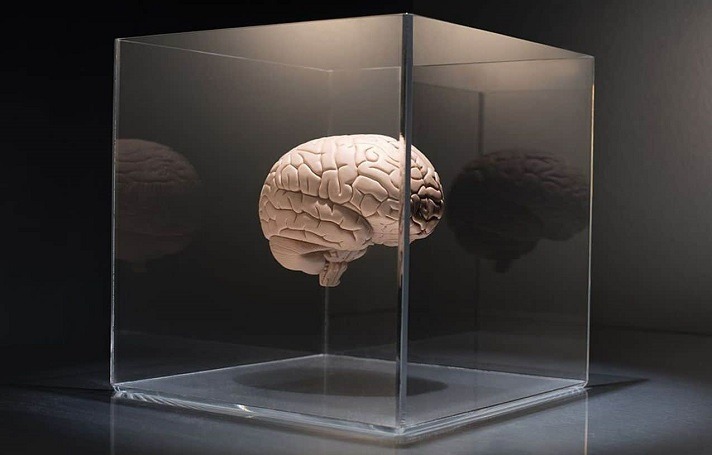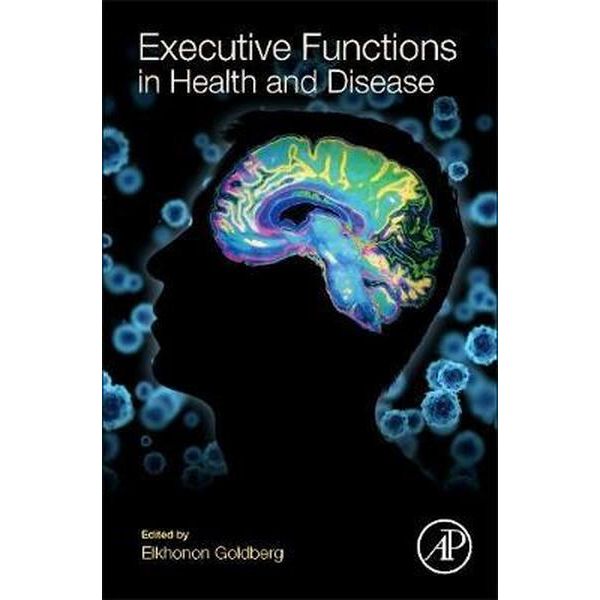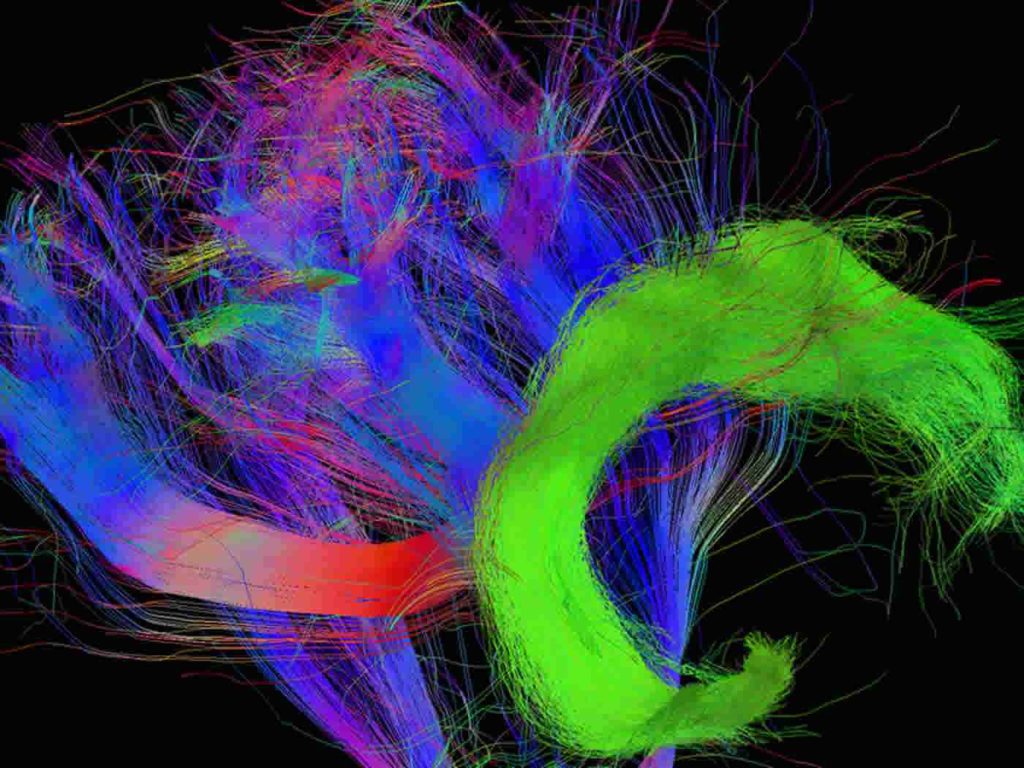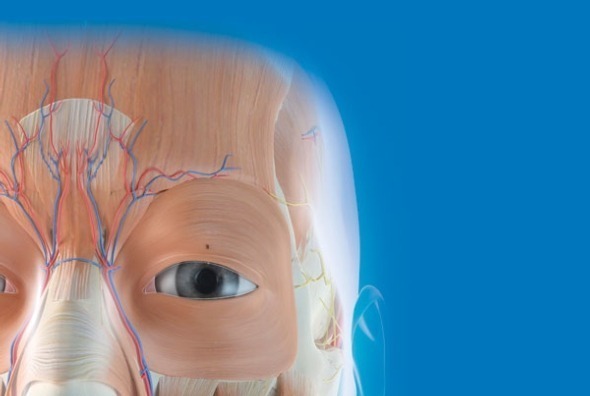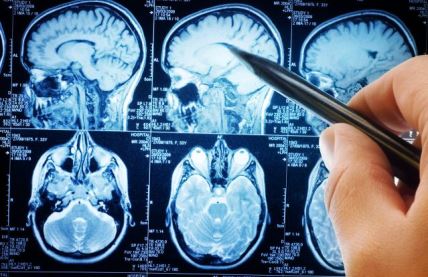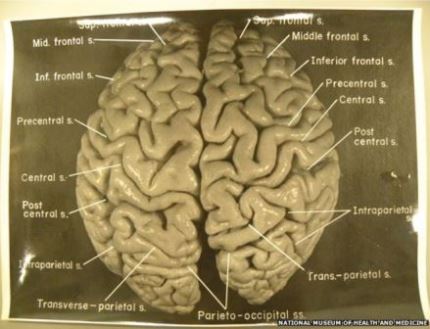Posts Tagged ‘frontal-lobe’
Large neuroimaging study finds social isolation to be an early indicator of increased dementia risk
Why do we get a buzz from being in large groups at festivals, jubilees and other public events? According to the social brain hypothesis, it’s because the human brain specifically evolved to support social interactions. Studies have shown that belonging to a group can lead to improved wellbeing and increased satisfaction with life. Unfortunately though, many…
Read MoreExecutive Functions in Health and Disease: New book to help integrate Cognitive Neuroscience and Neuropsychology
__________ Neuroscience used to be the monopoly of a few elite universities located in a handful of countries. Neuropsychology used to be a quaint niche discipline relatively unconnected to the larger world of neuroscience and content in its methods with paper-and-pencil tests.
Read MoreStudy identifies brain circuits enabling four-year-olds to “put themselves in other people’s shoes”
—– A remarkable milestone occurs in children around their fourth birthdays: They learn that other people can have different thoughts than they do. A recent study is the first to examine the specific brain changes associated with this developmental breakthrough.
Read MoreNext: Smell tests to help detect brain injury and neurodegenerative ailments
Smell Tests Could One Day Reveal Head Trauma and Neurodegenerative Disease (Scientific American): “Name that smell—if you can’t, it could be an indicator of a problem somewhere in your brain. New research suggests that scratch-and-sniff smell tests could become
Read MoreStudy: Structural brain differences due to childhood poverty may account for 20% of the academic achievement gap
. Brain scans reveal how poverty hurts children’s brains (Bloomberg): “Growing up poor has long been linked to lower academic test scores. And there’s now mounting evidence that it’s partly because kids can suffer real physical consequences from low family incomes, including brains that are less equipped to learn.
Read MoreHow Einstein’s brain helps study intelligence and lifelong neuroplasticity
. The strange afterlife of Einstein’s brain (BBC News): “Einstein’s death 60 years ago was just the start of a strange journey for the most prized part of his anatomy, his brain. Stored in jars and on slides, it is still inspiring awe and scholarly research… Harvey had overseen the division of the brain into 240…
Read More
